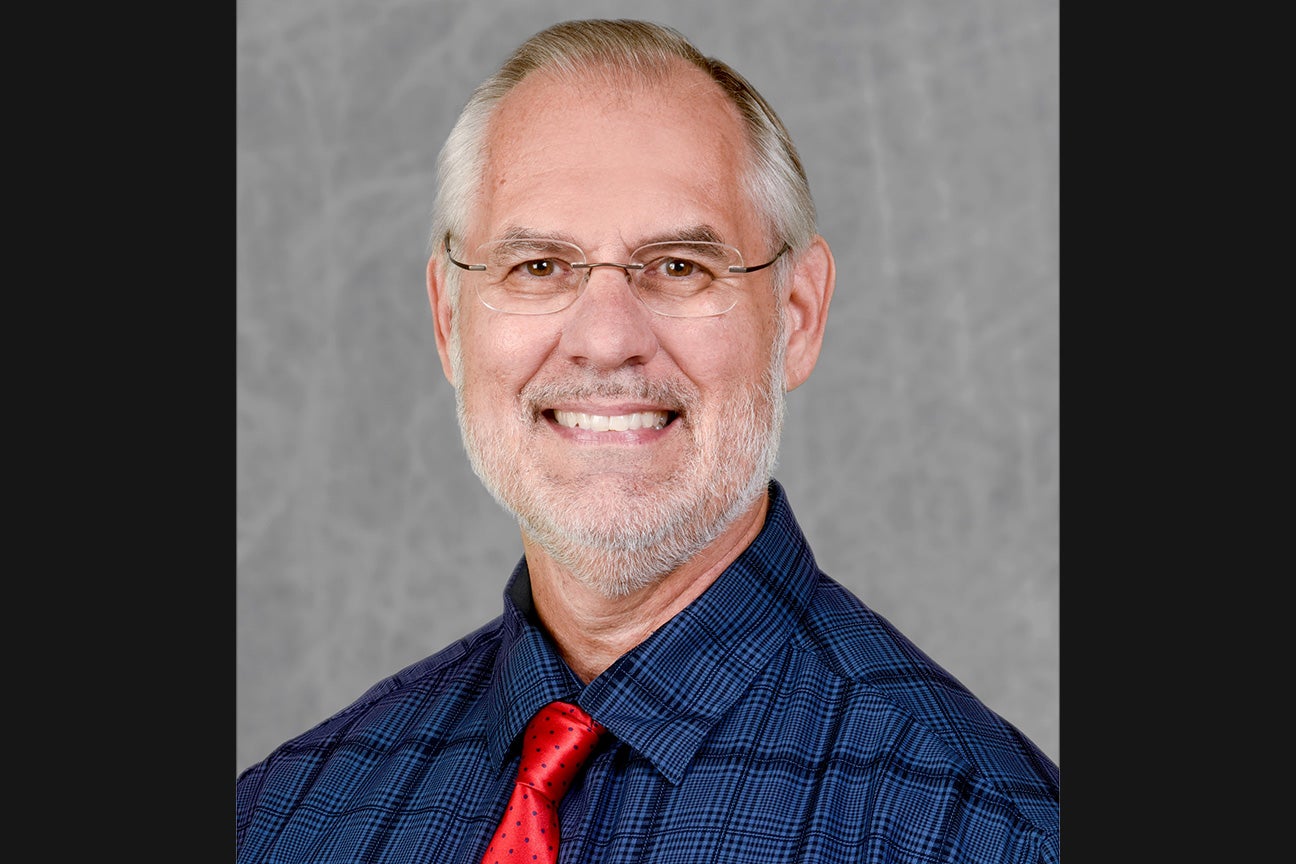Guest Opinion: On the troubled hurricane recovery program
Published 10:37 pm Sunday, September 25, 2022
|
Getting your Trinity Audio player ready...
|
By Colin Campbell
The state’s program for rebuilding homes damaged in hurricanes Matthew and Florence has been a miserable failure.
That might sound like a strong opinion for this publication [North Carolina Tribune]. But it’s the opinion of lawmakers of both parties, homeowners in the program, a disaster relief expert from South Carolina, and even to some extent the people running the program.
There’s really no way to describe it more diplomatically after listening to Wednesday’s [September 14] five-plus-hour legislative oversight hearing on where hurricane recovery efforts stand on the fourth anniversary of Hurricane Florence.
Only 789 homes have been completed through the Rebuild NC program, while more than 3,400 others remain stuck somewhere in the state’s eight-step process. In recent months, the program has slowed from completing 28 homes a month to closer to five.
“Everything that your agency has done thus far has been unacceptable,” said Sen. Danny Britt, a Republican who represents hard-hit Robeson and Columbus counties. “We need to come up with something better.”
Britt and others sharply criticized Laura Hogshead, who has led the N.C. Office of Recovery and Resilience in Gov. Roy Cooper’s administration since its inception. She was open about the program’s shortcomings.
“Let’s be frank: This recovery is not going as you want it to go, it is not going as I want it to go, and it is certainly not going as the families sitting behind me and out in Eastern North Carolina want it to go – and that is on me,” she said.
Hogshead described a program that in recent months has been plagued by a shortage of available contractors and supplies. And she said it’s been hamstrung by complicated federal HUD regulations and state procurement requirements from the start.
She said the program was “overly conservative” in asking applicants and contractors for documentation, because “if HUD doesn’t agree with how we run this program, they come and ask for the money back.”
She said the agency has improved and simplified the process since March (which incidentally was when the legislature last held a hearing on the matter). That has included assigning each family to an in-house case manager instead of having them work with outside vendors. Hogshead also asked lawmakers to adjust procurement requirements so the program can more easily execute agreements with contractors and pay them promptly.
Sen. Kirk deViere, D-Cumberland, wondered why state leaders haven’t been asked to help cut through red tape. “We’ve been in session forever, so it’s not that there couldn’t be an ask from the legislature,” he said.
Storm victims who spoke to the oversight committee said they’ve been stuck living in hotels awaiting repairs to their homes that keep getting delayed. They get frequent phone calls from Rebuild NC staffers who can’t give them a timeline and don’t have answers to their questions.
Some have lost faith that they’ll ever be able to return to their homes. “I feel this is a clearly orchestrated plan to lead people on until it’s too late to do anything about it,” said Willie Williams, who’s in a hotel with his ill wife who needs daily dialysis treatments. “There’s a lot of people out there in my shoes or even worse.”
Building or renovating a house is usually a simple matter that doesn’t take years, but it’s clear that federal and state agencies have overcomplicated the disaster recovery process into a bureaucratic morass. The web of regulations, agencies and outside vendors involved is hard for anyone involved to untangle.
Lawmakers laid much of the blame with NCORR, especially after hearing from the former leader of South Carolina’s disaster recovery program about successes there. “These could have been avoided if NCORR would have focused on helping our citizens instead of trying to win an imaginary bureaucratic gold star,” said Sen. Brent Jackson, R-Sampson.
But the South Carolina official, J.R. Sanderson, said the problems plaguing disaster recovery aren’t unique to North Carolina. The program at the heart of last Wednesday’s hearings applies to Matthew and Florence and will end once the money is spent.
But the state also has more recent flood victims to help in the mountains, and another big hurricane could hit anytime. A bigger, long-term solution is needed to create a system that can work effectively and quickly for every natural disaster.
That will take working with our congressional delegation: Can a state agency just get a direct appropriation from the federal government rather than deal with the bureaucratic black holes of HUD and FEMA?
Should there be a single point person in charge of all recovery programs? Hogshead was one of two officials in different agencies who spoke last Wednesday, tasked with running different programs.
And should the disaster administrators be beholden to the same state government rules used for buying office supplies? Or do we need a different model – maybe a public-private organization like the successful Economic Development Partnership of North Carolina, but for disaster relief?
Legislators have scheduled a follow-up hearing for December, but a larger conversation will be needed to ensure we aren’t having similar hearings four years after the next hurricane.
Colin Campbell is editor of the North Carolina Tribune, a daily newsletter that covers the intersection of business and state politics.
READ ABOUT NEWS AND EVENTS HERE.
SUBSCRIBE TO THE COASTLAND TIMES TODAY!





